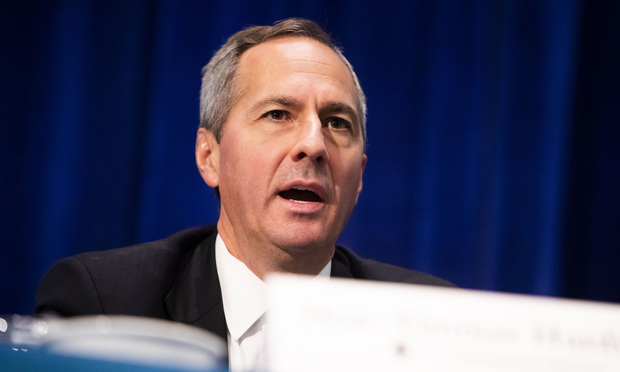It is reported that at last month’s Federalist Society convention, Judge Thomas Hardiman of the Third Circuit gave his views on how to deal with the cost and delay of discovery. “If I were able to do something unilaterally,” he is quoted, “I would probably institute a new federal rule that said all cases worth less than $500,000 will be tried without any discovery.” If true, the statement is outrageous.
No one will dispute that discovery can be expensive and burdensome. Nor can anyone dispute that it is fundamental to modern litigation. Not only does it eliminate what used to be called “trial by ambush.” As a practical matter, it significantly reduces the number of civil cases that have to be tried at all, by eliminating issues of fact, preparing for summary judgment, and, in those cases where issues of fact remain, facilitating settlement by giving the parties a realistic sense of each other’s position. Eliminating it in all cases involving less than $500,000 would force to trial many federal question cases, for which there is no jurisdictional amount, involving rights that cannot be valued, or employment law cases where the value is less. Or, more likely, it would deter those cases from being brought at all by plaintiffs who need discovery—particularly document discovery—to prove their claims at trial.


 Judge Thomas Hardiman, of the U.S. Court of Appeals for the Third Circuit, speaking during a panel discussion at the Federalist Society’s 2018 National Lawyers Convention, held at The Mayflower Hotel in Washington, D.C., on Friday, November 16, 2018.
Judge Thomas Hardiman, of the U.S. Court of Appeals for the Third Circuit, speaking during a panel discussion at the Federalist Society’s 2018 National Lawyers Convention, held at The Mayflower Hotel in Washington, D.C., on Friday, November 16, 2018.




